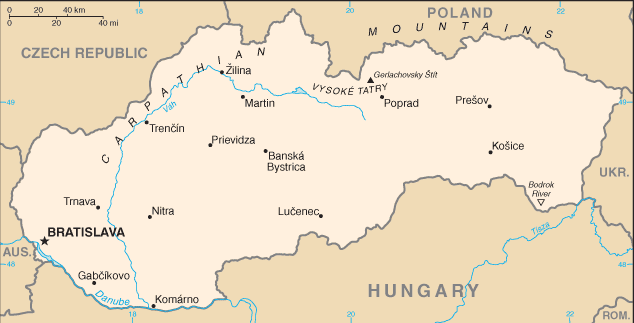Investing in Slovakia


Slovakia has made significant economic reforms since its separation from the Czech Republic in 1993. Reforms to the taxation, healthcare, pension, and social welfare systems helped Slovakia consolidate its budget and get on track to join the EU in 2004 and to adopt the euro in January 2009. Major privatizations are nearly complete, the banking sector is almost entirely in foreign hands, and the government has helped facilitate a foreign investment boom with business friendly policies. Slovakia's economic growth exceeded expectations in 2001-08 despite a general European slowdown. Unemployment, at an unacceptable 18% in 2003-04, dropped to 7.7% in 2008 but remains the economy's Achilles heel. Foreign direct investment (FDI) accounted for much of the growth until 2008. Cheap and skilled labor, low taxes, a 19% flat tax for corporations and individuals, no dividend taxes, a relatively liberal labor code and a favorable geographical location are Slovakia's main advantages for foreign investors. Foreign investment in the automotive and electronic sectors has been especially strong. To maintain a stable operating environment for investors, the European Bank for Reconstruction and Development advised the Slovak government to refrain from intervening in important sectors of the economy. However, Bratislava's approach to mitigating the economic slowdown has included substantial government intervention and the option to nationalize strategic companies. RADICOVA's government, in power since July 2010, has allowed the budget deficit to rise slightly, to 7.4% of GDP in 2010. GDP fell nearly 5% in 2009 before gaining back 4% in 2010, and unemployment rose above 12% in 2010, as the global recession impacted many segments of the economy.
National Bank of Slovakia - http://www.nbs.sk/
TOTAL Slovakia - http://www.total.sk/
Countries that border Slovakia: Czech Republic | Austria | Hungary | Ukraine | Poland
Learn more:
Back to Country Investing



